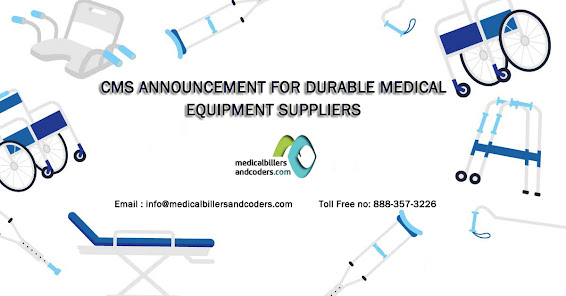Why does your Staff Fail to Collect Revenue from Patients?
After 25 years of training medical practice staff how to successfully ask patients to pay at the point of service, there are many common excuses that we hear when staff members fail to collect Revenue from Patients. As per the Consumer Financial Protection Bureau (CFPB) report released in December 2014, 43 million citizens have overdue medical debt and a staggering 52 % of all debt on credit reports is from medical billing . The findings of the study clearly indicate that patient collection is becoming a serious threat to the profitability of the provider’s office. Factors like ongoing economic instability combined with the implementation of the Affordable Health Care Act and the shift in payment models to be consumer-direct with high deductibles have all consolidated into greater difficulties for the provider’s office at revenue collection from patients. Reasons Your Staff Fails to Collect Revenue from Patients To elaborate, here are a few reasons why provider’s ...

